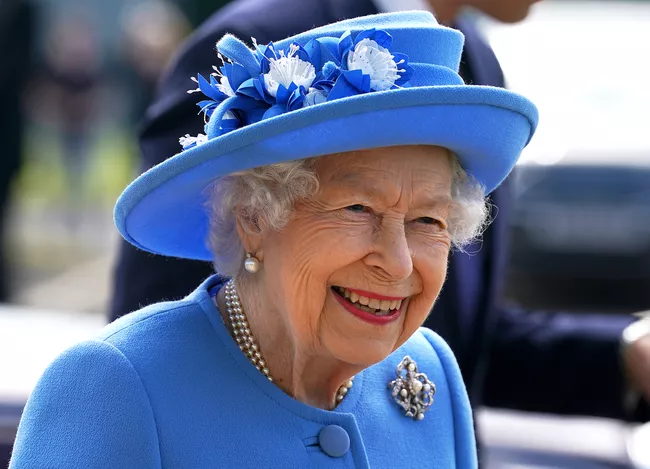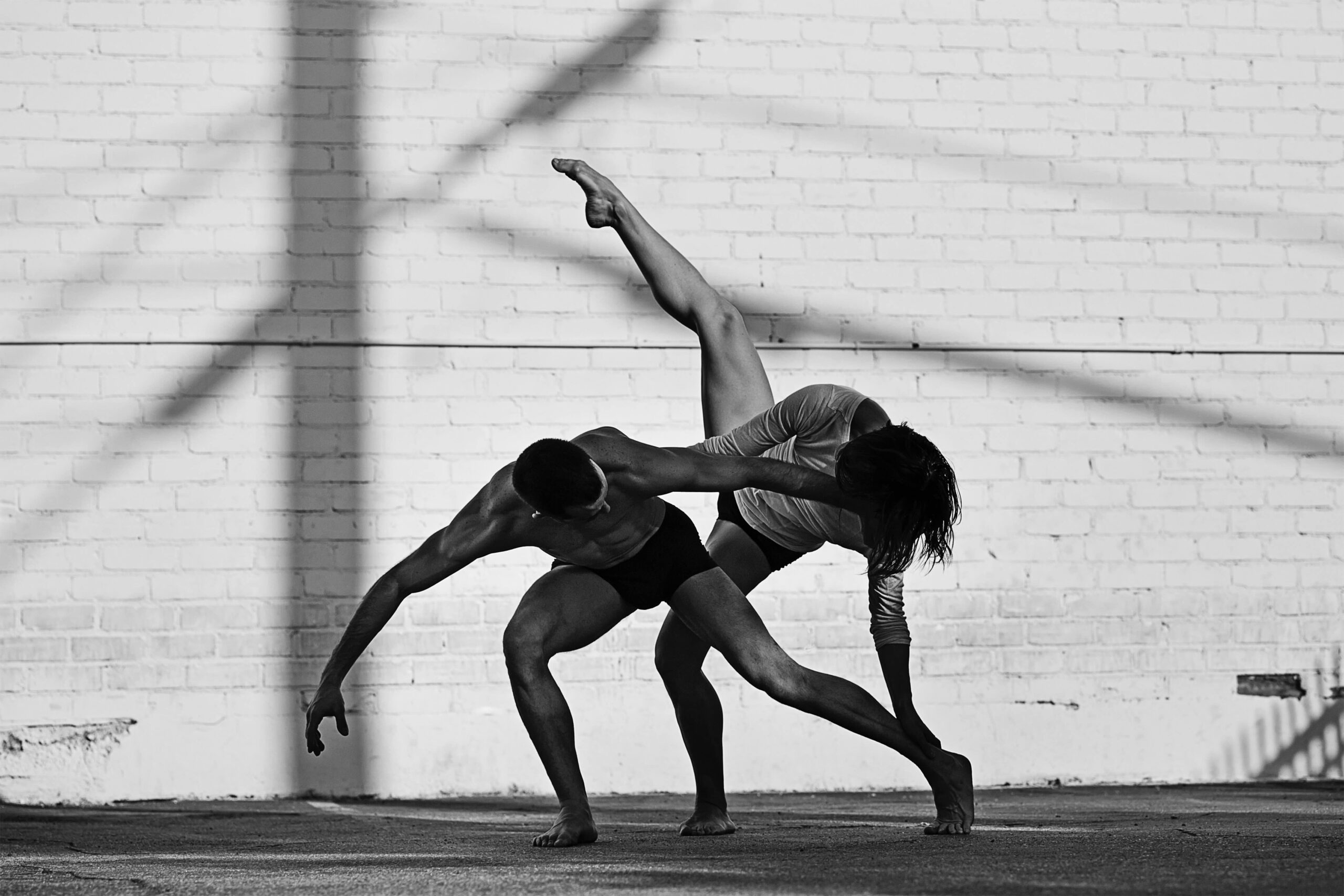Queen Elizabeth II died yesterday after a historic reign. As many around the world paid her tributes, others didn’t see the event as a time for mourning. This included several people within “Black Twitter,” who posted memes and GIFs showing either glee or indifference at the Queen’s death.
Black Twitter, a cultural collective of Black-identifying Twitter users, flooded the social media platform promptly after the death announcement. One meme showed the late Princess Diana’s face on the Marvel villain Venom mid-leap “dunking” a basketball into the hoop over Queen Elizabeth II as Spider-Man.
A tweet by actor Josiah Johnson had the caption “Twitter:‘Be respectful of Queen Elizabeth’s passing!’” followed by the second caption “Black Twitter” and a popular video of a man slapping a corpse in its casket. That tweet garnered over 27,000 retweets and 142,000 likes.
There were also plenty of tweets highlighting the camaraderie between the Black diaspora, Ireland, and citizens of Commonwealth countries. There are historical reasons behind these responses.
The Irish and the British monarchy have a complicated relationship dating back to the 1600s. After Ireland’s 1922 independence, Britain still controlled Northern Ireland, which led to the violent, nationalist conflict known as “The Troubles” that lasted for decades.
When Queen Elizabeth II was crowned in 1953, she became sovereign of several countries outside the United Kingdom known as the Commonwealth. As nations decolonized from British rule throughout the 20th century, certain territories kept the queen as their head of state, meaning she was their chief representative. These nations included Jamaica, Papua New Guinea, and the Bahamas. There are a total of 54 countries in the Commonwealth of Nations, which comprises 2.5 billion people (one-third of the world’s population). One thing stands out among these countries: they are majority BIPOC.
When Twitter and other social media users decide to make a joke about Queen Elizabeth II’s passing, it became about more than the Queen herself. “It’s unfair to have expected one woman to make up for centuries of injustice. But the simple fact is that Queen Elizabeth II did less than nothing in that vein,” according to Slate. “In fact, she consistently papered over the crimes of the Commonwealth. After 70 years of this, does anybody suspect that Britain’s succeeding monarchs will do any better?”
Imperialism, colonialism, and racism are embedded in the history of the British monarchy. Twitter users referenced the British Empire’s role in the slave trade, while others brought up the royal institution’s mistreatment of Meghan, Duchess of Sussex, and wife of the queen’s grandson Price Harry. The relationship between the royals and its former colonies have also been scrutinized.
It is documented that the late Prince Phillip, the queen’s husband, made racist remarks while touring Commonwealth nations. During a visit to Australia in 2002, Prince Phillip asked a group of Aboriginal elders, “Do you still throw spears at each other?” In March 2022, the queen’s grandson Prince William and his wife Catherine, Duchess of Cornwall and Cambridge, were criticized for their tour of former British colonies Belize, Jamaica, and the Bahamas. A trip meant to unify turned into a discussion on repatriations. Additionally, touring past conquered lands and being received with cultural hospitality was viewed as an example of “white-saviorism.”
For some, making light of the historic event was a way to find cultural healing. “What we are witnessing on Irish – Black – Brown Twitter tonight is a collective trauma,” one tweet said. “Unresolved trauma can become generational. Colonization is a trauma.”


